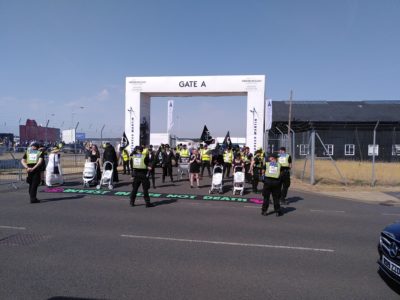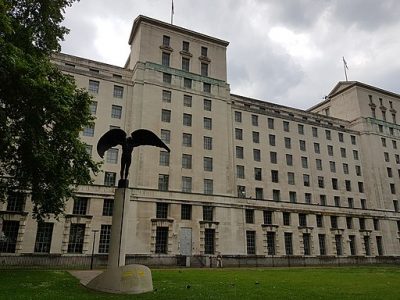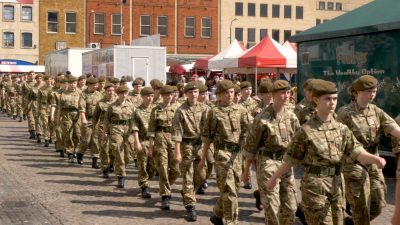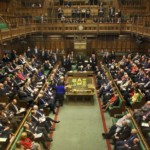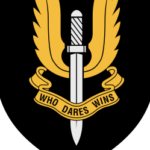New Deal Needed on Military Visits to Scotland’s Schools
ForcesWatch press release
The Scottish Government is being urged to investigate the way the armed forces operate in secondary schools and strike a “new deal” for children.
ForcesWatch – which scrutinises the military – and Quakers in Scotland, are today formally launching a petition at Holyrood calling for increased transparency and scrutiny of armed forces visits to schools.
The petition will be collecting signatures online from 16 February until 20 March 2016.
According to available data the military make a disproportionate number of visits to schools and colleges in Scotland, compared to England.
A 2014 ForcesWatch report highlighted how over four-fifths of state secondary schools were visited by the armed forces during a two year period. (1)
In some areas every school was visited, and some as many as 31 times over a two year period. About one third of the visits were explicitly about careers in the armed forces, while other visits will also have had a careers element.
ForcesWatch coordinator, Emma Sangster, said: “A new deal is badly needed on this issue as the number of visits that the armed forces make to schools has risen significantly over the past ten to twelve years.
“As our petition states there is ‘a lack of clarity regarding the nature of armed forces visits and who is responsible for overseeing them’.
“Our fear is these visits are being used as a recruitment tool in schools, with the military promoted only in a positive light. Young people can’t be expected to have a critical understanding of the potential risks and consequences of joining up, unless they encounter a balance of views and discussion.
“Schools must ensure that the unique risks, legal obligations and ethical questions faced in the armed forces are given due consideration.
“We hope this petition will spark a wider public debate and see Scotland follow Wales in accepting recommendations to increase scrutiny of armed forces visits and broaden the range of employers going into schools.” (2)
Mairi Campbell-Jack, Scottish Parliamentary Engagement Officer for Quakers in Britain, said: “Quakers in Scotland are led by faith to be concerned about increasing militarisation in Scottish state schools. This issue needs scrutiny and public debate by all in Scottish society, especially parents and children themselves.”
The petition calls on the Scottish Parliament Education and Culture Committee to hold an inquiry into armed forces visits and for the Scottish Government and local authorities to:
- Produce guidance for local authorities and schools on how visits by the armed forces should be conducted, taking account of the unique nature of armed forces careers, and ensuring political balance.
- Increase scrutiny of armed forces visits to schools, including monitoring: the number and location of visits (seeking to establish whether there is a link with deprivation indicators).
- Ensure schools always consult parents/guardians as to whether they are happy for their child to take part in armed forces activities at school.
DETAILS
The petition can be found online at:
https://www.scottish.parliament.uk/GettingInvolved/Petitions/armedforcesvisitstoschools
CONTACT
For more information and media enquiries contact:
ForcesWatch – 07752 304 113 or email press@forceswatch.net
Quakers in Scotland – Anne van Staveren, Media Relations Officer
020 7663 1048, 07958 009703, annev@quaker.org.uk
NOTES
ForcesWatch scrutinises armed forces recruitment practices and proposes changes in policy aimed at better serving the interests of young people. See http://www.forceswatch.net
1. ForcesWatch, 2014. ‘Armed forces visits to secondary schools in Scotland’, http://www.forceswatch.net/resources/armed-forces-visits-secondary-schools-scotland
2. For details of the Welsh Government’s position see: http://www.forceswatch.net/news/forceswatch-welcomes-welsh-government-stance-over-military-visits-schools
See more: military in schools/colleges, ForcesWatch, Scotland, Scottish Parliament, education

